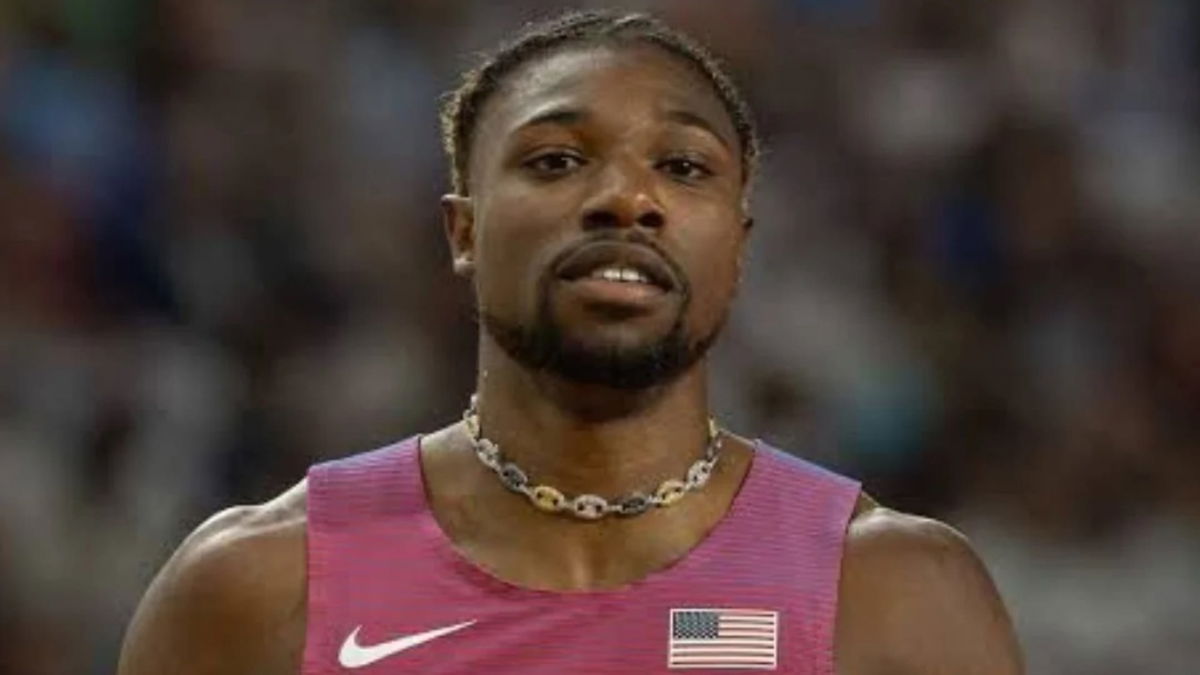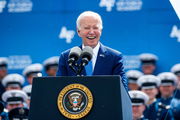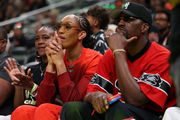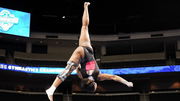

“World Athletics introduces prize money for Olympic gold medallists at Paris 2024, and all medallists from LA28,” World Athletics president Sebastian Coe announced on April 10th. But this move, where athletes could get $50,000 in prize money (total fund amounting to $2.4 million), has been criticized by many.
Watch What’s Trending Now!
On April 22, in a fresh development, track sensation Noah Lyles reignited the debate by reposting a tweet by Steve Magness that showed sheer criticism of World Athletics’ decision by an international body, the Association of Summer Olympic International Federations (ASOIF). The leaders of the body are part of the group of about 100 IOC members responsible for electing the president. “One cannot and should not put a price on an Olympic gold medal and, in many cases, Olympic medalists indirectly benefit from commercial endorsements,” read a point of the organization’s statement.
Another point stated that not all sports are in a position to adopt this approach, even if they desire to do so. According to them, offering prize money goes against the principle of solidarity and may divert funds from the essential work of governing bodies, which is their primary responsibility, compared to commercial sports event organizers.
ADVERTISEMENT
The third point argues the Olympics are considered as the highest sporting spectacle. If anyone wants to commemorate the achievement on that stage, that should be on par with the prize money offered in the respective top competitions of each sport. “This is technically and financially unfeasible,” mentioned the statement.
ASOIF statement on World Athletics’ decision to award prize money at the Olympicshttps://t.co/4gl4x83a89
— ASOIF (@ASOIFSummerIFs) April 19, 2024
With ongoing backlash from within the track community, this new development has now sparked heated questions on the internet. Some fans support the decision, seeing it as beneficial, while others question its impact on the integrity of the Olympics.
ADVERTISEMENT
Does it do any good for the sport? Fans argue
Before the criticism began pouring in, athletes like Karsten Warholm, the Olympic men’s 400m hurdles champion, expressed his opinion to AFP last week, saying: “To be honest, anything offered in terms of a prize is good for the athletes, it’s motivation.” However, despite such initial sentiments, the criticism seems to be gaining momentum. Comments such as “This is embarrassing” underscore the disappointment felt by many.
ADVERTISEMENT
This is embarrassing.
— Jay M. Thomas (@jay_m_thomas) April 21, 2024
The decision to offer cash rewards was well-received by athletes from the United States of America who are preparing to compete in various sports at the Paris Olympics. But one observer put a bigger perspective, saying that the step does not do any good to the sport as a whole. Plus, let’s not forget that less privileged athletes might feel sidelined because of this.
They have some valid points. Paying the winners 50k doesn't do much for the sport anyway. Put the money somewhere else.
— FloTrap (@flo_trap) April 21, 2024
ADVERTISEMENT
Owing to the decision, the athletes in the USA stand to earn USD 37,500 for gold medals, USD 22,500 for silver, and USD 15,000 for bronze from their team. But the irony is that these athletes are the ones who bring the money for the sport. So it is like giving them back with their coins, as a user pointed out.
Top Stories
Andy Reid Announces Patrick Mahomes’ Injury Diagnosis as Chiefs HC Doesn’t Hold Back After Playoffs Elimination

Former US President Joe Biden Keeps a Clear Demand to Eagles Owner Amid Jalen Hurts’ Struggles

Cowboys Star Risks Severe Punishment Over Justin Jefferson Incident vs Vikings

A’ja Wilson, Bam Adebayo Issue Strong Statement Against Rachel Nichols’ Question About Couple’s Privacy

Diego Pavia Issues Public Statement After Heisman Controversy Triggers Strong Reaction

Ex-Georgia Gymnastics Star Opens Up On Facing Mistreatment Months After NCAA Program Switch

Additionally, ASOIF believes that World Athletics’ decision has opened up a set of problems rather than solving them.
The absurdity of sharing the pie with the people who actually bring the money in!
— Arthur Conejo 🇦🇷 (@arthurpcoelho) April 21, 2024
ADVERTISEMENT
It remains a fact that athletes are at the center of the entire sporting spectacle. So spending to honor them is commendable. However, it is development and integrity that keep the sport alive. So these should be the principal areas of focus. On the other hand, it is also true that a very small percentage is sufficient for the prize money. So spending on that might not affect other priority areas.
2% of the IOC income per cycle is enough to give $200,000 in prize money per event at the Summer Olympics and $100,000 for Winter Olympic events.
— Gar Leyshon (@GarLeyshon) April 21, 2024
ADVERTISEMENT
ADVERTISEMENT
ADVERTISEMENT

